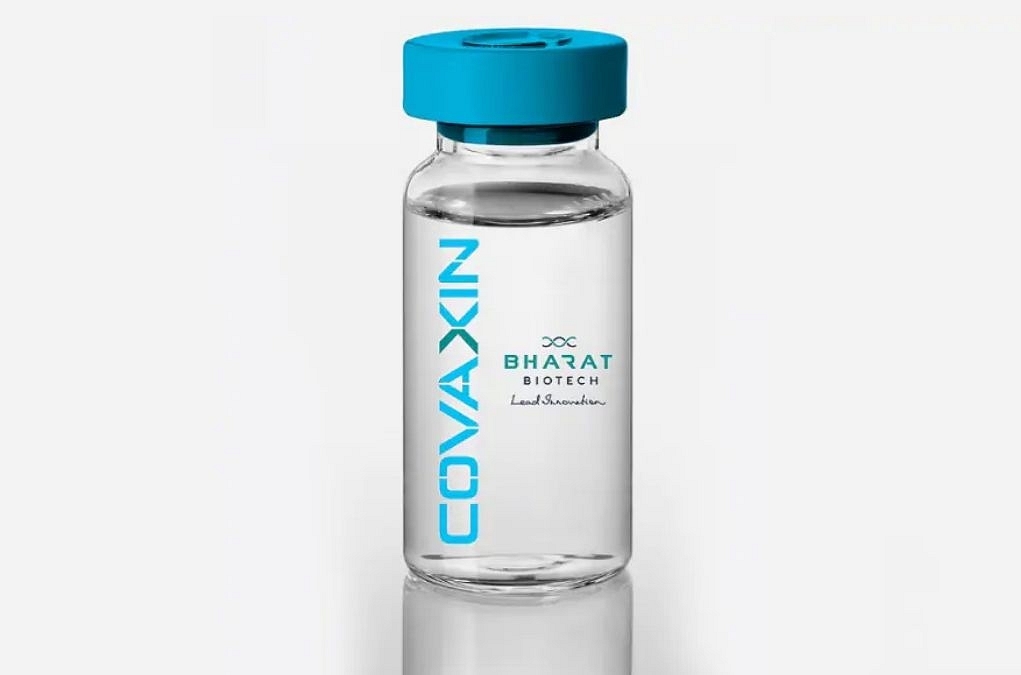Insta
'Supply Of Covaxin At Rs 150 Per Dose Not Sustainable': Bharat Biotech Defends Higher Price Of Its Jab For Private Markets

Bharat Biotech’s COVAXIN
The supply price of Covaxin to the government of India at Rs 150 a dose is a non-competitive price and clearly not sustainable in the long run. Hence a higher price in private markets is required to offset part of the costs, Hyderabad-based Bharat Biotech said on Tuesday (15 June).
The company said there are live examples of such pricing policies where Human Papilloma virus vaccine is priced for GAVI supplies at $4.5/dose (Rs 320), but is also available in the private market at Rs 3,500.
Rotavirus vaccines are supplied to the government of India at Rs 60/dose, but is also available in the private market at Rs 1,700/dose. The prices for COVID-19 vaccines internationally have varied between $10 to $37/dose, (Rs 730 - Rs 2,700/dose), Bharat Biotech said in a statement.
Explaining why Coaxin is more expensive for the private sector, Bharat Biotech said another key point of discussion has been about pricing its vaccines for private sector players which is significantly higher than that given to governments and large procurement agencies. This is purely due to fundamental business reasons, ranging from low procurement volumes, high distribution costs and retail margins among few others, it said.
As directed by the Government of India, less than 10 per cent of our total production of Covaxin to date has been supplied to private hospitals, while most of the remaining quantity was supplied to State and Central governments. In such a scenario the weighted average price of Covaxin for all supplies realized by Bharat Biotech is less than Rs 250/dose. Going forward, 75 per cent of the capacity will be supplied to State and Central Governments with only 25 per cent going to private hospitals.
Unlike most medicines and therapeutics, vaccines are provided free of cost by the Government of India to all eligible Indian citizens, it sadi.
"Thus, the procurement of vaccines by private hospitals is optional and not mandatory, albeit it gives a choice to citizens who are willing to pay for better convenience. In our view, the question of product pricing is only of extraneous interest to all concerned, especially when the same vaccine is made available free of cost", Bharat Biotech said.
Bharat Biotech has so far invested over Rs 500 crores at risk from its own resources for product development, clinical trials and setting up of manufacturing facilities for Covaxin, the company said.
The support from the Indian Council of Medical Research (ICMR) was with respect to provision of the SARS CoV2 virus, animal studies, virus characterization, test kits and partial funding for clinical trial sites, it added.
In return for this valuable support, Bharat Biotech will pay royalties to ICMR and the National Institute of Virology (NIV), based on product sales. Royalties are also payable to Virovax towards the licensure of IMDG agonist molecules, the company said.
Bharat Biotech is investing in new facilities and repurposing existing ones across several states in India for enhancing the production of Covaxin.
It is pertinent to mention here that the urgent need to set up a significant number of manufacturing facilities and to divert existing ones for Covaxin has resulted in reduced production of other vaccines at our facilities, leading to loss in revenues.
It added that low product price realization dispirits domestic R&D. Companies such as Bharat Biotech, which are innovators with specialized expertise in product development, and large scale manufacturing, should be allowed to maintain a differential pricing strategy for Governments and private hospitals. It is distressing to see that a large country like India has a very basic level of innovation in vaccines and pharmaceutical products, it added.
It may well be argued that the low-price realization for home-grown innovators constraints innovation and product development in India. In the absence of a dual pricing system, Indian vaccine and pharmaceutical companies risk being reduced to mere contract manufacturers with intellectual property licensed from other nations, the company said.
Introducing ElectionsHQ + 50 Ground Reports Project
The 2024 elections might seem easy to guess, but there are some important questions that shouldn't be missed.
Do freebies still sway voters? Do people prioritise infrastructure when voting? How will Punjab vote?
The answers to these questions provide great insights into where we, as a country, are headed in the years to come.
Swarajya is starting a project with an aim to do 50 solid ground stories and a smart commentary service on WhatsApp, a one-of-a-kind. We'd love your support during this election season.
Click below to contribute.
Latest